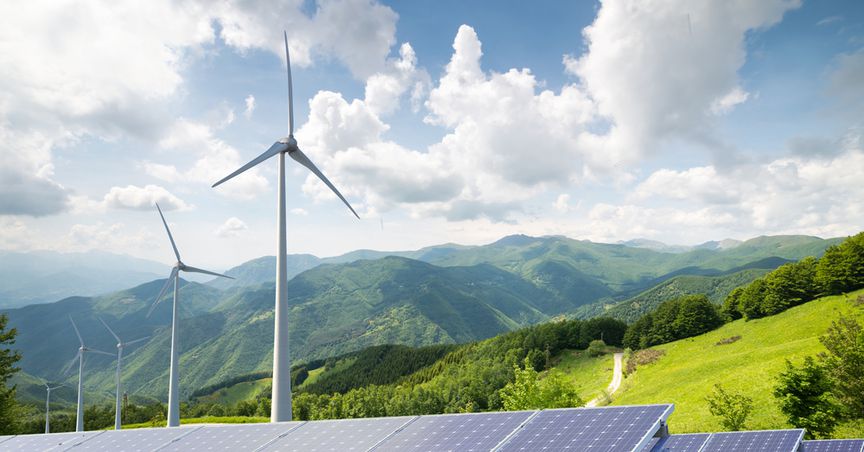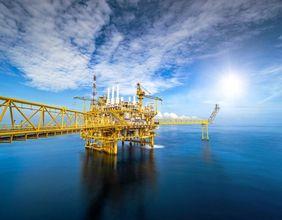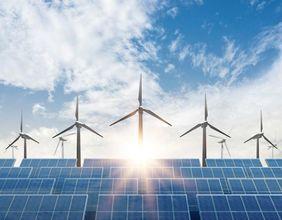Highlights
- BP-backed energy supplier Pure Planet may join the list of energy companies going bust.
- Energy regulator Ofgem is responsible for selecting the new suppliers for customers of the collapsing energy firms.
- Around 10 energy firms have already failed since August and there’s a possibility of more companies joining the list.
Pure Plant, the BP-backed energy supplier, may become the latest UK energy supplier to join the list of energy firms going bust due to soaring prices and supply constraints hitting the natural gas market.
As per media reports, the number of energy companies going bust is increasing while price hikes to their variable tariffs are being confirmed by major energy suppliers. Till date, 10 energy firms have gone bust since August.
UK energy regulator Ofgem is responsible for selecting the new suppliers for customers of the collapsed energy firms. The BP Plc-backed company has started talks with the energy regulator regarding the addition of its customers to Ofgem’s supplier-of-last-resort process, under which a new energy supplier will be appointed to the existing customers. Pure Planet has less than 125,000 customers.
A spokesman for Ofgem mentioned in an email that the top-most priority of the regulator is to protect the interests of customers, and in case of failure of suppliers, robust systems are set in place to ensure that the credit balance of customers is protected, and a safety net is maintained for providing the necessary electricity and gas supply to them.
ALSO READ: What happens when an energy supplier goes bust
According to UK Business Secretary Kwasi Kwarteng, 10 energy firms have already failed since August and there is a possibility of more energy suppliers collapsing due to the recent market volatility and surging prices. The Boris Johnson Government is making efforts to avert the surging energy costs because they ultimately impact the consumer bills.
Oil supermajor BP owns 24% share of Pure Planet and has been providing it with gas. But it has decided to discontinue its supply to Pure Planet now, according to reports. Even though a final decision hasn’t been taken yet, the fate of the renewable energy supplier may be declared this week.
Last week, energy regulator Ofgem said that a fund will be started by it for providing emergency credit to customers who would be unable to pay their bills after wholesale prices reach record high levels.
Impact on consumers
According to a recent report by Citizens Advice charity, this winter will be rough for consumers as it discovered that after moving away from the five largest failed suppliers, the consumers will have to pay £6.70 a week more as they shift to the default tariffs of a replacement firm. For people on default tariffs, an increase of £139 is due in the energy price cap, while for people on pre-payment meters on 1 October, there would be a £153 increase. Around 1.5 million people have been affected due to the busted energy suppliers as of 28 September.
ALSO READ: How UK energy crisis is linked to the bond market
As more people are predicted to get affected into fuel poverty this winter, desperate choices will have to be made by people, like choosing between cooking food and staying warm. According to a recent survey by the advisory service, 35% of Britons will be impacted this winter and they may struggle to pay their energy bills. This could go up to 44%, where families with kids may strive to pay new tariffs, mostly with annual earnings of less than £21,000.
Bottomline
With more energy companies going bust amid the ongoing surge in prices, the common man will suffer the most and face the brunt of higher costs, and particularly the lowest income group is the most vulnerable to fall into the trap of poverty. Thus, the UK Government must step up and take all the necessary initiative to protect the consumers while ensuring energy security.
ALSO READ: Fuel crisis: Good times ahead for electric vehicles?





